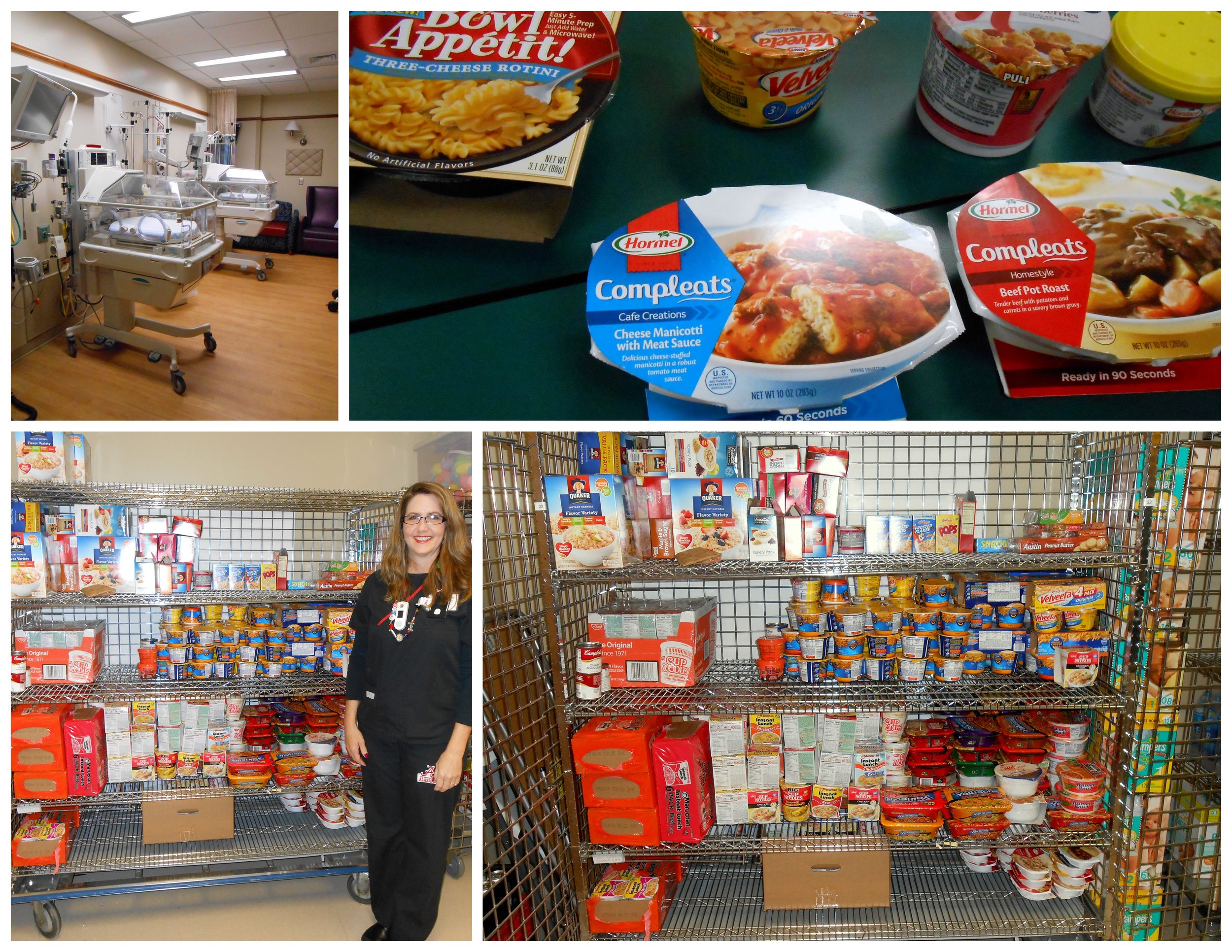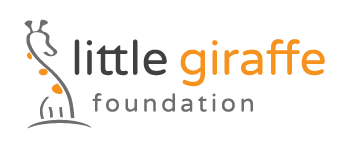
Little Giraffe Foundation
2018 Neonatal Research Grants
After long deliberations, Little Giraffe Foundation voted to fund 18 initiatives for 2018, totaling over $44,000 – 3 Neonatal Research Grants to forward medical care for premature babies and 15 NICU Support Grants designed to improve the lives of the families and babies in the NICU.
2018 Neonatal Research Grants
Virginia Commonwealth University, Richmond, VA - $10,000 Awarded
Research: Role of Type I Lung Epithelial Cells in Development of Alveolar Simplification in BPD
Henry Rozycki, MD – PI, Vice Chair for Research, Professor of Pediatrics and OB/Gyn, Division of Neonatal Medicine, Department of Pediatrics, Children’s Hospital of Richmond at VCU
Rebecca Heise – Co PI, Associate Professor, Children’s Hospital of Richmond at VCU
Bronchopulmonary dysplasia (BPD) is a failure of the last phase of lung development, alveologenesis. This study will determine how the extracellular matrix or ECM, the epithelial cells lining the developing alveoli, and the fibroblasts which are creating new alveolar walls, interact. We hypothesize that the maturational state of the epithelial and fibroblast cells and the ECM are critical for the epithelial-mesenchymal cross-talk needed for normal alveologenesis, which to date, has not been investigated. We have the capacity to isolate cells from mouse lungs at the pre-alveolar, alveolar and mature phases, as well as the ability to isolate cell-free ECM. We will use these techniques to measure ECM and cell maturation on cell adherence and signal expression. We will then look at the effect of ECM maturation on how Type I cells signal fibroblasts in vitro, and also look ECM maturation on a 3-D organoid model of alveolarization. The best combination of ECM and cells define powerful in vitro models for subsequent studies of BPD development and what can prevent or treat it.
Cincinnati Children's Hospital Medical Center, Cincinnati, OH - $10,000 Awarded
Research: Urinary NGAL Levels and Furosemide Responsiveness in Neonatal AKI
Cara Slagle, MD – PI, Neonatology Fellow, Cincinnati Children's Hospital Medical Center
Stuart Goldstein, MD – Co PI, Department of Nephrology, Cincinnati Children's Hospital Medical Center
Post-operative development of acute kidney injury (AKI) in neonates, as defined by the modified Kidney Disease Improving Global Outcomes criteria, is associated with increased urinary neutrophil gelatinase-associated lipocalin (uNGAL) values and can be predicted by lack of furosemide responsiveness. We propose a single-institution prospective observational study to investigate uNGAL values and lack of furosemide responsiveness as a reliable predictor of severity of AKI in post-operative neonates. Infants admitted to CCHMC NICU and identified as needing pediatric general surgery intervention will be enrolled. Infants will be excluded if they are only undergoing gastric tube placement or have required Extracorpeal membrane oxygenation in the last 7 days. After 72 hours post-operatively, hypervolemic neonates found to be progressing towards stage 1 AKI as defined by urine output (<1 mL/kg/hr for 4 hours) will receive a one-time dose of furosemide per standard of care. Following this dose urine output will be observed and uNGAL measurements will be obtained.
Yale University, New Haven, CT - $10,000 Awarded
Research: Targeting Small Intestinal Serotonin Receptors as Therapy for Intestinal Failure
Robert Cowles, MD – PI, Associate Professor of Pediatric Surgery
Intestinal failure (IF) is a devastating malabsorptive state due to massive resection of the small intestine, most commonly in response to a congenital anomaly or an intraabdominal catastrophe occurring early in life. Short bowel syndrome (SBS) is one of the most common causes of pediatric IF and the terms are often used interchangeably. While enteral autonomy may require years to achieve, current management for IF/SBS relies on parenteral nutritional support, which is costly and associated with significant morbidity. Further, there is currently no approved treatment for children with IF/SBS specifically aimed at stimulating intestinal mucosal growth. Our objective is to develop therapies targeting the mechanisms that control intestinal mucosal proliferation. Specifically, we hypothesize that prucalopride, a selective 5-HT4 receptor agonist will enhance intestinal mucosal growth and absorptive function. We will determine which serotonin receptor subtypes are present in the murine small intestine and in the crypt cell compartment and assess for changes in small intestinal mucosal anatomy and absorptive function in prucalopride-treated mice. New therapies developed from these efforts will be valuable for patients with IF/SBS by reducing time on parenteral nutrition and its associated morbidities.
